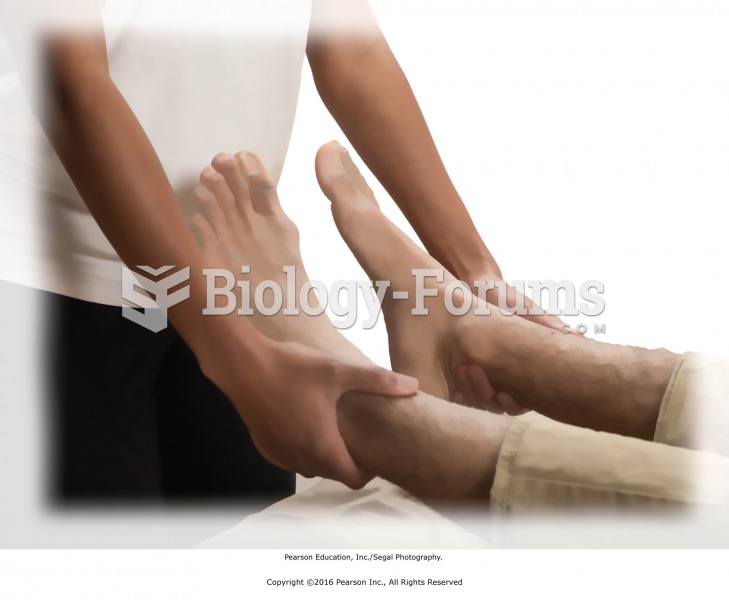|
|
|
Intradermal injections are somewhat difficult to correctly administer because the skin layers are so thin that it is easy to accidentally punch through to the deeper subcutaneous layer.
The Food and Drug Administration has approved Risperdal, an adult antipsychotic drug, for the symptomatic treatment of irritability in children and adolescents with autism. The approval is the first for the use of a drug to treat behaviors associated with autism in children. These behaviors are included under the general heading of irritability and include aggression, deliberate self-injury, and temper tantrums.
Asthma cases in Americans are about 75% higher today than they were in 1980.
Allergies play a major part in the health of children. The most prevalent childhood allergies are milk, egg, soy, wheat, peanuts, tree nuts, and seafood.
Stroke kills people from all ethnic backgrounds, but the people at highest risk for fatal strokes are: black men, black women, Asian men, white men, and white women.
 Hospice care is based on the belief that when death is inevitable, professional caregivers should ...
Hospice care is based on the belief that when death is inevitable, professional caregivers should ...
 Using both hands, gently but firmly grasp the skin over a spot on the upper back, and lift the skin ...
Using both hands, gently but firmly grasp the skin over a spot on the upper back, and lift the skin ...





